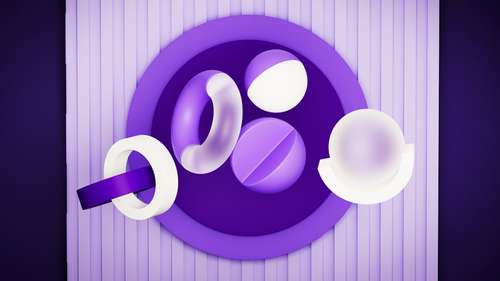Forget the entertainment of the project Mbappe TikToks. The dream of athletic stardom for kids doesn't follow a straightforward path. If you've got a young kid who wants to become a professional in a top sport, then you know how complex it can be. Let's talk about this and share tips on how to develop these youths the right way.
Could Natural Talent Be a Myth?
If you think becoming an elite athlete is just about being born with extraordinary abilities, you might need to think again. Research suggests that talent development involves different factors, like environment, mindset, and strategic training.
Parents and coaches often believe that early excellence means there will be future success. This is not really the case in real life. Studies show that many Olympic medalists participated in multiple sports during their youth.
They had an average of 3 to 4 different athletic activities before specializing. This tells us that it is important to have a diverse sporting background. It actually helps develop a broader range of movement skills and also prevents burnout.
Creating the Right Environment for Development
Just like in other aspects, parenting is important in youth sports development. Supporting young athletes isn't just about driving them to practices or buying expensive equipment. That's, of course, great, but there are other things like creating an environment that is good for both physical skills and character.
Here are some important aspects of good youth sports development:
- Encouraging youths to participate in multiple sports
- Focusing on enjoyment over immediate performance
- Teaching resilience and a growth mindset
- Setting clear behavioral expectations
- Providing constructive feedback
There can be a lot of youth sports pressure. Expectations from parents, coaches, and even themselves can be a lot of weight. This can cause stress, injury, decreased motivation, and even early dropout from sports. As a supportive parent, you should try your best to prevent such from happening.
Understanding Physical and Mental Development
Different physical abilities develop at different stages of childhood and adolescence. Strength usually develops during puberty, speed is most trainable in early school years, and endurance can be built throughout an athlete's lifetime. For the brain, its ability to learn and adapt movement patterns is most flexible during youth.
Agility and coordination are very important, so here's a little science. Aside from controlling your muscles, the brain creates complex movement strategies based on past experiences. This is where exposure to diverse movement patterns through multiple sports is important. It can really increase an athlete's long-term potential.
Mental development is necessary, too. Top athletes share common psychological traits. To them, success is usually a product of hard work, remaining optimistic, and focusing on continuous improvement. They understand that setbacks are not failures but opportunities for growth.
How Should You Approach Talent Development?
Developing a young athlete isn't about creating a singular focus on sports performance. It's about nurturing a well-rounded individual who can handle challenges both on and off the field. Coaches and parents should try to:
- Maintain high behavioral standards
- Provide consistent, fair guidance
- Celebrate effort over just results
- Create a supportive, learning-oriented environment
Wrapping Up
An important lesson for parents to take home is that ability isn't everything in youth sports development. The most successful athletes aren't just physically talented—they're disciplined, adaptable, and passionate about their craft.
This is why good parenting in sports is necessary for development. It requires patience, understanding, and a value of character as much as physical ability. By focusing on these, we can then help young athletes reach their full potential.




